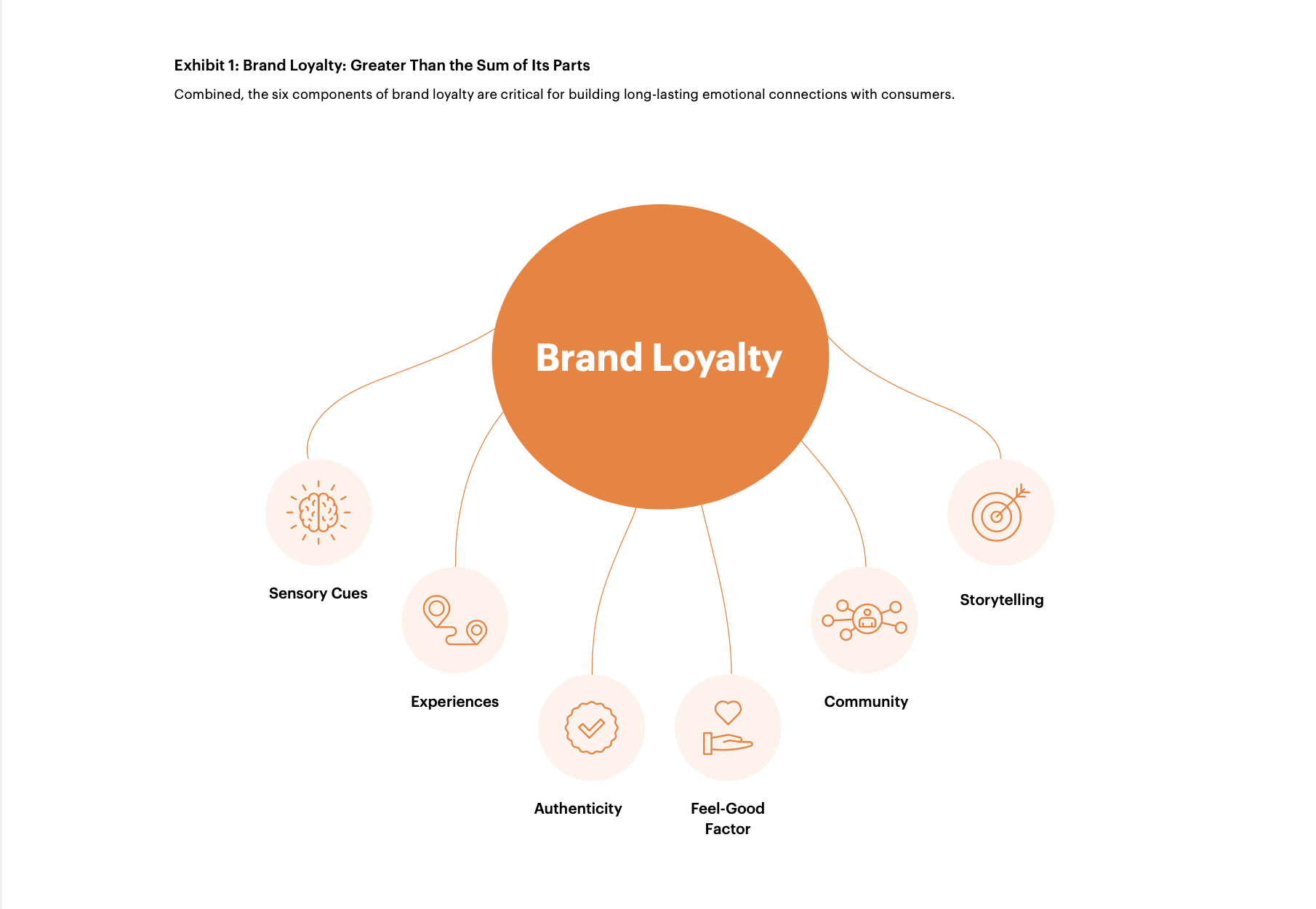Theme 08: All Eyes On Brand - The Resurgence of Brand Marketing in Fashion
Welcome back to our series on "The State of Fashion 2024" here at The Digital Hive. Today, we're stepping into the intriguing realm of brand marketing, witnessing its triumphant return as a cornerstone in the fashion industry's strategic playbook.
Reviving Brand Marketing in Fashion
2024 marks a pivotal year in fashion marketing, with a shift back towards brand marketing. As performance marketing becomes increasingly costly and data privacy regulations tighten, 71% of fashion executives are gearing up to enhance their brand marketing efforts. It's a significant change, particularly for direct-to-consumer labels that have traditionally relied on performance marketing strategies.
The Gucci Salon on Melrose Avenue in Los Angeles is an invitation-only store. Gucci.
The Shift Towards Emotional Connections
Fashion brands are refocusing on creating emotional connections with consumers. This approach moves beyond mere product offerings to encompass aspirational storytelling and engagement. It's about capturing customer aspirations and interests, creating a brand narrative that resonates on a deeper level.
Transforming Brand Identity
We're witnessing brands like Hugo Boss and Ermenegildo Zegna Group undergoing significant image transformations. These changes are not just cosmetic but strategically pivot the brands towards new, younger demographics. For instance, Hugo Boss's rebrand targets Gen-Z and Millennials through revamped logos and ambassador engagements, leading to record sales. Similarly, Zegna's rebranding effort expands its image from traditional suits to luxury leisurewear.
The Toolkit for Brand Marketing
Key strategies in brand marketing include leveraging brand personalities, creating memorable shopping experiences, and collaborating with adjacent industries. Brands like Nike, Hermès, and Tiffany & Co. have successfully employed these tactics, building stories around social causes, craftsmanship, and cultural connections.
Reflection
I find the shift towards brand marketing both challenging and exciting. This trend aligns perfectly with my interests in brand storytelling and building deep customer relationships. It's not just about selling a product anymore; it's about crafting a narrative that resonates with the consumer's values and aspirations.
However, this approach requires a delicate balance. While emotional connections are key, they must be grounded in authenticity. Brands need to be wary of overreaching and ensure that their narratives align with their core values and heritage. This is where data analytics comes into play – understanding consumer behavior and preferences to tailor a brand story that feels personal and genuine.
In the era of digital marketing, where consumer attention is fleeting, the ability to craft a story that sticks, that evokes a sense of belonging and loyalty, is invaluable. It's an exciting time to be entering the field, as the principles of traditional brand marketing blend with modern digital tactics to create a new marketing paradigm.
The goal for 2024 is less about content quantity and more about crafting compelling, coherent brand narratives. It's a long-term game, focusing on consistent storytelling and authentic connections, rather than immediate ROI.As I observe and learn from these trends, I am eager to apply these insights to my future endeavors in the fashion industry. The shift to brand marketing isn't just a trend; it's a fundamental change in how we connect with consumers, and I'm excited to be part of it.
Simon Porte Jacquemus’ personal story is at the foreground of Jacquemus’ brand identity. Jacquemus.
Insight: This blog post is based on the findings from "The State of Fashion 2024" by The Business of Fashion and McKinsey & Company. It reflects the anticipated trends and consumer shifts in the fashion industry



